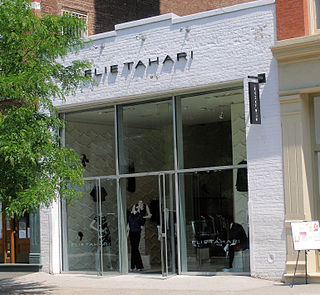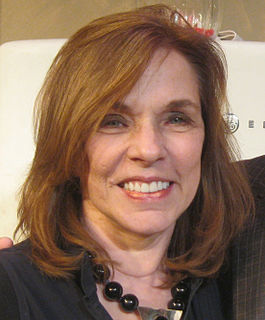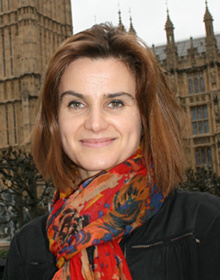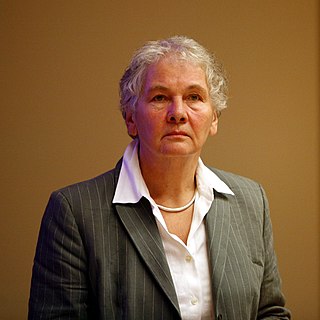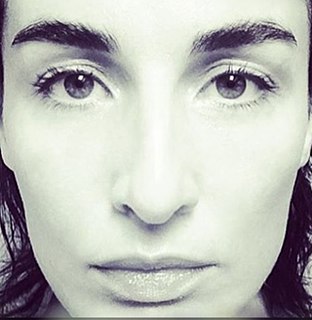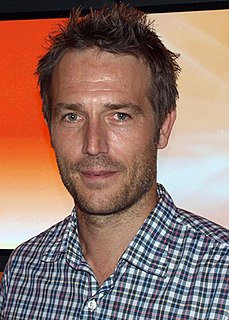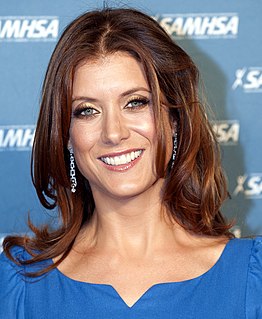A Quote by Elie Tahari
I worked in a boutique after work, my second job, selling women's clothes. And that was a way of not just making money but meeting women. That was very exciting job. I loved that job.
Related Quotes
We have to hear the stories of women at all ages of their lives in order to really present a picture of what it felt like to be alive in our time. That's what our job is as writers is to present that and create it. Our job as writers isn't to make as much money as we can. Our job is to create a record of this time. That's why if you leave out women and the stories of women, we failed at our mission. All of us. Men and women.
There is what might be called a Catch-22 of hazardous occupations: The more hazardous the job, the more men; the more men, the less we care about making the job safer. The Catch-22 of hazardous occupations creates a 'glass cellar' which few women wish to enter. Women are alienated not just out of the fear of being hurt on the job, but by an atmosphere that can make a hazardous job more hazardous than it needs to be.
I like the idea of taking what is essentially a boring, officious job and turning it into something that is a fantasy, to a degree. I suppose there is a juxtaposition involved in that because you do have to be a civil servant but you're doing a tremendously exciting job, or potentially an exciting job, or a glamourous job.
My summer jobs for three years were going to work in my dad's factory and earn a bit of pocket money. I absolutely loved it, and I think I learnt more there than I did at Cambridge, actually, in terms of how hard work is and how tough it is finding a job, keeping a job, managing a job and family and commitments outside of work.
Economics works great for planning your life when you don't have a work passion, since we tend to assume that your job delivers only money and you trade off job hours with leisure hours. If you think your job will just be a job, pick one that pays well per hour and leaves you some time off, even if the activity of the job is boring.
Not everybody is talented for doing research. I think many women prefer to look for an easier job after their dissertations because it is very demanding. You have to be mobile. You have to move to different places for your post-doc training. And if you aren't successful, it isn't a very pleasant job, either.
Clearly people should meet an acceptable threshold of appropriateness! But I think that for many women in the public eye, it just seems that the burden is so heavy. We're doing a job that is not a celebrity job or an entertainment or fashion job.... In a professional setting, treat us as professionals.... And it takes a lot of time. I've often laughed with my male colleagues, like, "What did you do? You took a shower, you combed your hair, you put your clothes on. I couldn't do that."
When I became White House press secretary, there were other limitations that were thrust upon me. Bill Clinton was under pressure to appoint women to visible positions. I was 31, I'd never worked in Washington. Was I ready for this large and visible job? Still he wanted the credit. So he gave me the job but diminished the job.
